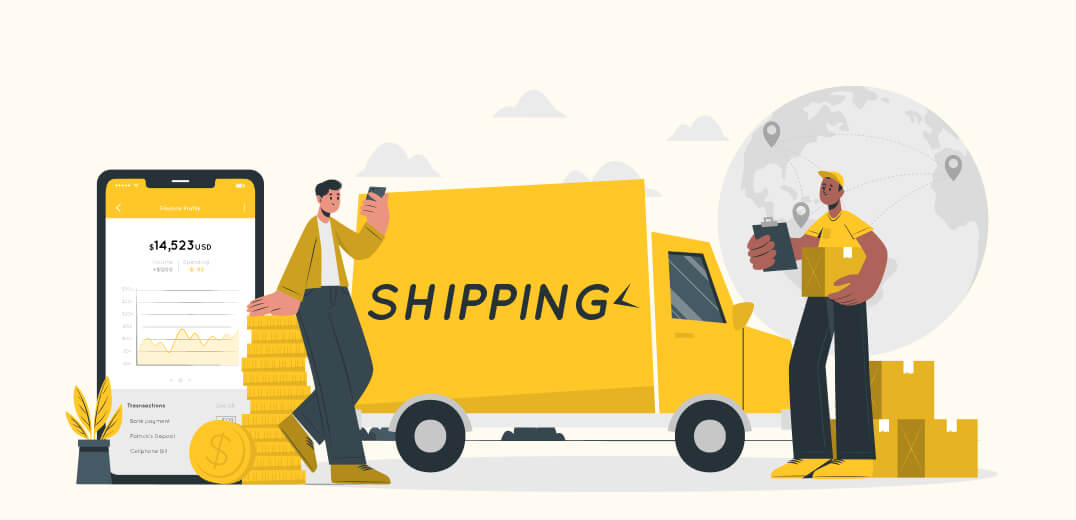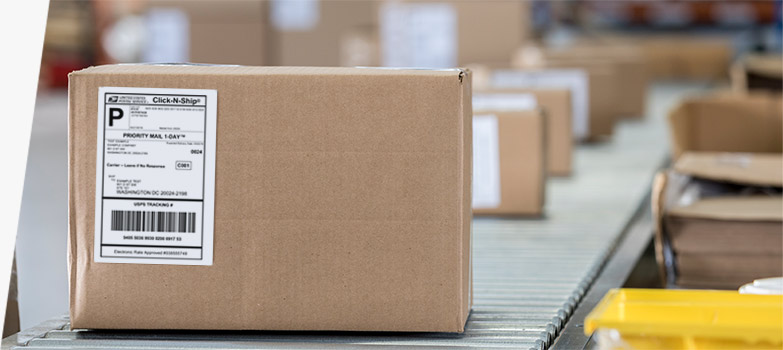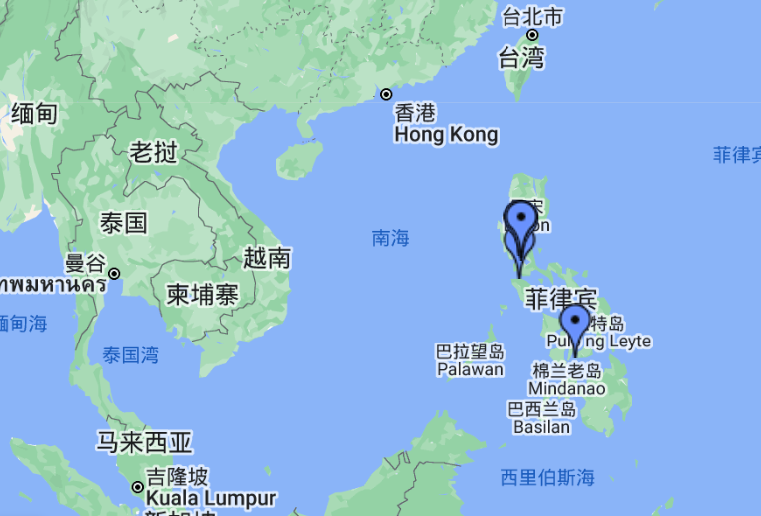How to Estimate International Shipping Prices with GoNest’s Calculator
Why Estimating International Shipping Prices Matters
Budget Planning for Individuals & Businesses
Whether you’re a solo shopper on Taobao or a small business exporting products, knowing your shipping costs in advance helps avoid surprises. Using an international shipping calculator allows for better cost control and smarter decision-making.
Avoiding Unexpected Costs
Hidden fees and unexpected charges are among the most common frustrations in global logistics. GoNest’s shipping calculator helps eliminate this uncertainty by providing upfront, transparent pricing and a clear shipping estimate.
What Is the GoNest Shipping Calculator?
Purpose and Accessibility
The GoNest shipping fee calculator is a free online tool designed to help users estimate the cost of international deliveries. With this tool, you can:
- Check available shipping routes
- Compare costs across different services
- Preview DDP (Delivered Duty Paid) options
Who Can Use It
Anyone can use the shipping calculator—no GoNest account is needed. It’s open to the public and delivers instant shipping estimates, making it perfect for planning purchases or international shipments in advance.
How to Access the Shipping Calculator (No Account Needed)
Desktop Instructions
- Visit www.gonest.cn
- Click on any navigation link to open a new page
- In the upper-right corner, click on “Shipping Calculator” to access it
Mobile Access Guide
If you’re on a phone:
- Tap the menu icon in the top-right corner
- Select “Shipping Calculator” from the dropdown menu
It’s quick, user-friendly, and doesn’t require login or registration.
Step-by-Step: How to Use the Calculator
Step 1: Select Your Destination Country
Choose the country you’re shipping to. The dropdown will only show destinations currently supported by GoNest’s international shipping calculator.
Step 2: Choose Product Type
Pick the type of product—general, special, or restricted. This ensures the system matches your goods with the correct shipping method and route.
Step 3: Enter Package Weight
Enter the package weight in grams, the default unit used by the shipping calculator.
Important Notes About Weight Units
Converting KG and Pounds to Grams
Use these standard conversions:
- 1kg = 1000g
- 1lb = 454g
For example, a 2.5kg package should be entered as 2500g in the shipping fee calculator.
Why GoNest Uses Grams
To standardize inputs from thousands of users, GoNest relies on grams for consistent and accurate shipping estimates.
Should You Enter Package Dimensions?
When Dimensions Help
If your package is small and under 1 meter in all dimensions, adding this info can improve accuracy by allowing comparison between actual and volumetric weight.
When to Skip & Contact Support
For large packages (over 1 meter on any side), the international shipping calculator might not return a result. In that case, it’s best to contact GoNest support for a manual quote.
GET IN TOUCH
Let us Send You a Quote
What Information the Calculator Provides
Shipping Options and Routes
Once your data is entered, the shipping calculator will:
- Show available shipping methods (air, sea, express)
- Provide shipping fee estimates
- Indicate expected delivery timeframes
Supported Countries and Items
The calculator only displays countries currently serviced by GoNest. If your country is not listed, it may still be in testing or unsupported.
The product type menu also outlines what goods are allowed. A prohibited items list is included for reference.
How to Handle Unsupported Countries or Goods
Contacting Support
If your destination is not listed in the shipping calculator, reach out through the website’s contact page or live chat to see if manual service is possible.
Understanding the Prohibited Item List
Some products are restricted due to legal or carrier regulations. Check the linked prohibited items list in the international shipping calculator to avoid customs issues or shipment delays.
Common Mistakes When Using the Calculator
Forgetting Unit Conversion
Entering weight in kg or pounds instead of grams can lead to inaccurate or failed results.
Incorrect Product Type
Selecting the wrong category (e.g., “general” instead of “battery-included”) can cause mismatches in available routes.
International Shipping Prices FAQ
Do I need to register to use GoNest’s shipping calculator?
No. The international shipping calculator is fully accessible to the public, no login required.
Why are prices different for similar weights?
Because cost depends not only on weight but also on item type, destination country, and shipping method.
Can I ship to all countries?
Only those listed in the shipping calculator are currently supported.
What if my product type isn’t listed?
Contact support—they can help classify your item properly.
How accurate are the shipping estimates?
Very accurate for typical goods. Bulky or oversized shipments may require manual review.
How do I check if my item is prohibited?
Review the prohibited items list inside the calculator or ask support directly.
Conclusion: Plan Smart with GoNest’s Shipping Tool
GoNest’s international shipping calculator is your go-to solution for accurate, fast, and user-friendly shipping estimates. Whether you’re managing personal shipments or international logistics for a business, this shipping fee calculator gives you clarity, budget control, and peace of mind. Plan your global shipping smarter—start with GoNest.









